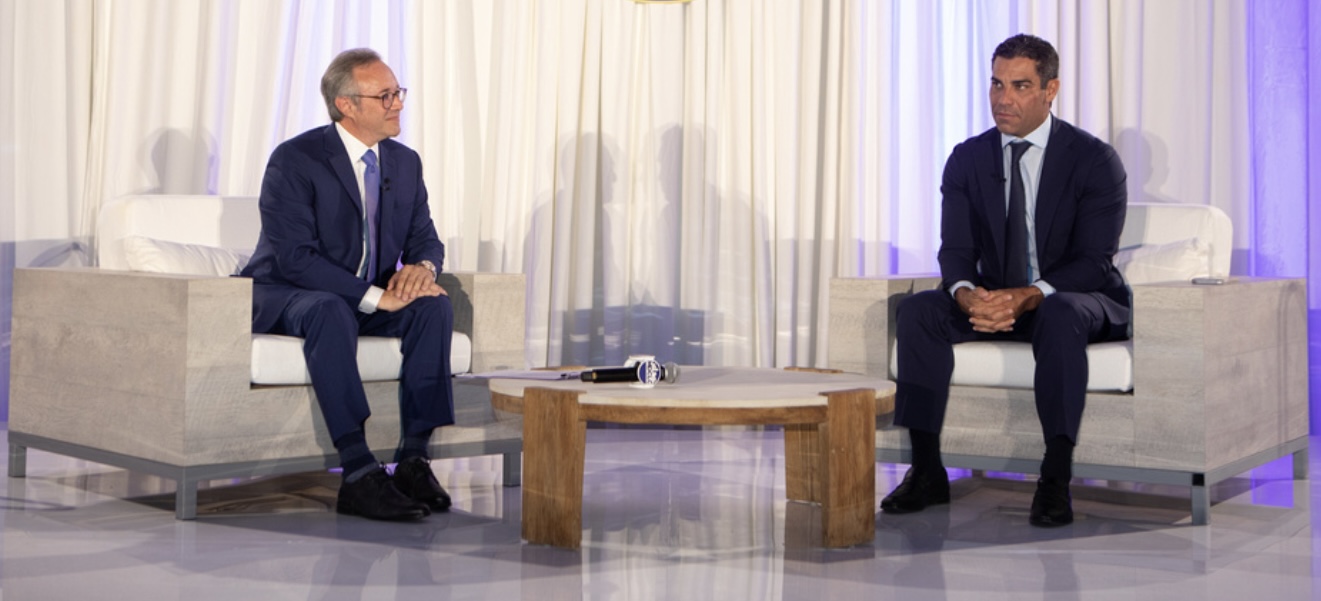

First-Party Insurance Coverage
Before diving deeper into first-party property dispute resolution, it is vital to understand the first-part property policy and how it can lead to disputes.
Insurance is a contract in which an individual receives financial compensation from an insurance company in case of specific predefined losses. The policy represents the insurance contract. One of the most common insurance policies is a first-party property policy.
In everyday life, the property is permanently at risk from damage. The danger comes from accidents, bad weather, and other hazards. For that reason, property owners (businesses and individuals) enter into insurance contracts to get financial reimbursement from insurance companies when they suffer damage from predefined hazards. When the loss occurs, the policyholder (property owner) uses their first-party property policy to seek compensation from an insurance company.
However, insurance companies sometimes fail to fulfill their part of the deal. Insurers delay or deny compensation without legal explanation, fail to reply to the claim or provide a reason for a denied or underpaid claim. That is when a first-party property dispute arises. In other words, the insured property owner raises a first-party claim against an insurance company seeking financial reimbursement for the damages covered by the insurance policy.
Raising a first-party property claim by filing a lawsuit in court means enrolling in a financially and time-consuming litigation with an uncertain outcome.
Resolving first-party property disputes in litigation sometimes requires years. The procedure includes numerous pre-trial motions, complex discovery, and expert witness testimonies. That leads to a lengthy and expensive process. In addition, the state-appointed judges usually lack the specific knowledge and experience necessary for dealing with complex insurance issues.
Furthermore, presenting the claim in front of a jury in a court trial inherently involves publicity. That is an unwanted side-effect that both the insurance companies and policyholders want to avoid.
Resolving First-Party Property Disputes in Mediation
Mediation is an alternative dispute resolution method that seems to be the most suitable mechanism for dealing with first-party property disputes.
In mediation, the parties entrust the resolution of their dispute to a neutral person, usually an expert in the insurance area. Although not necessary, the mediator is typically a retired judge or an attorney with specific knowledge of first-party insurance policies.
Informality and flexibility of the mediation enable the parties to express their specific claims and explain their positions. Presenting insurance claims is far easier in front of a person well-versed in economic and insurance market nuances. A trial judge lacks such abilities.
Furthermore, mediation involves a specific confidentiality agreement enabling the free flow of information during negotiations. The parties are safe from undue publicity. Knowing that sensitive personal and business information will not leave the mediation room, the parties will likely continue their cooperation after a potential settlement.
Regarding the selection of the mediator, that choice is usually already made by the insurance company. Policyholders tend to accept it as an integral part of their insurance policy.
The mediation procedure consists of multiple separate talks with each party (caucuses) and a joint session where the parties openly discuss all contested issues. Through private conversations, the mediator explores the possibility of settlement and determines the common ground between the parties. In the joint session, the mediator facilitates negotiations by attempting to bridge differences and lead the parties to an agreement.
The mediation costs are incomparably lower, and the process is time-efficient due to the absence of discovery, opening arguments, witness testimony, and closing arguments.
If the mediation is successful, both parties sign the agreement that has a legally binding effect.
Call Us Today
As a certified Florida mediator with years of experience in mediating first-party property disputes, Richard Kuper knows the pulse of insurance companies.
Mr. Kuper will work diligently to provide a neutral assessment of the situation and facilitate the negotiations between the parties.
Whether your claim was denied, undervalued, or delayed – call us today to discuss how we can help.



